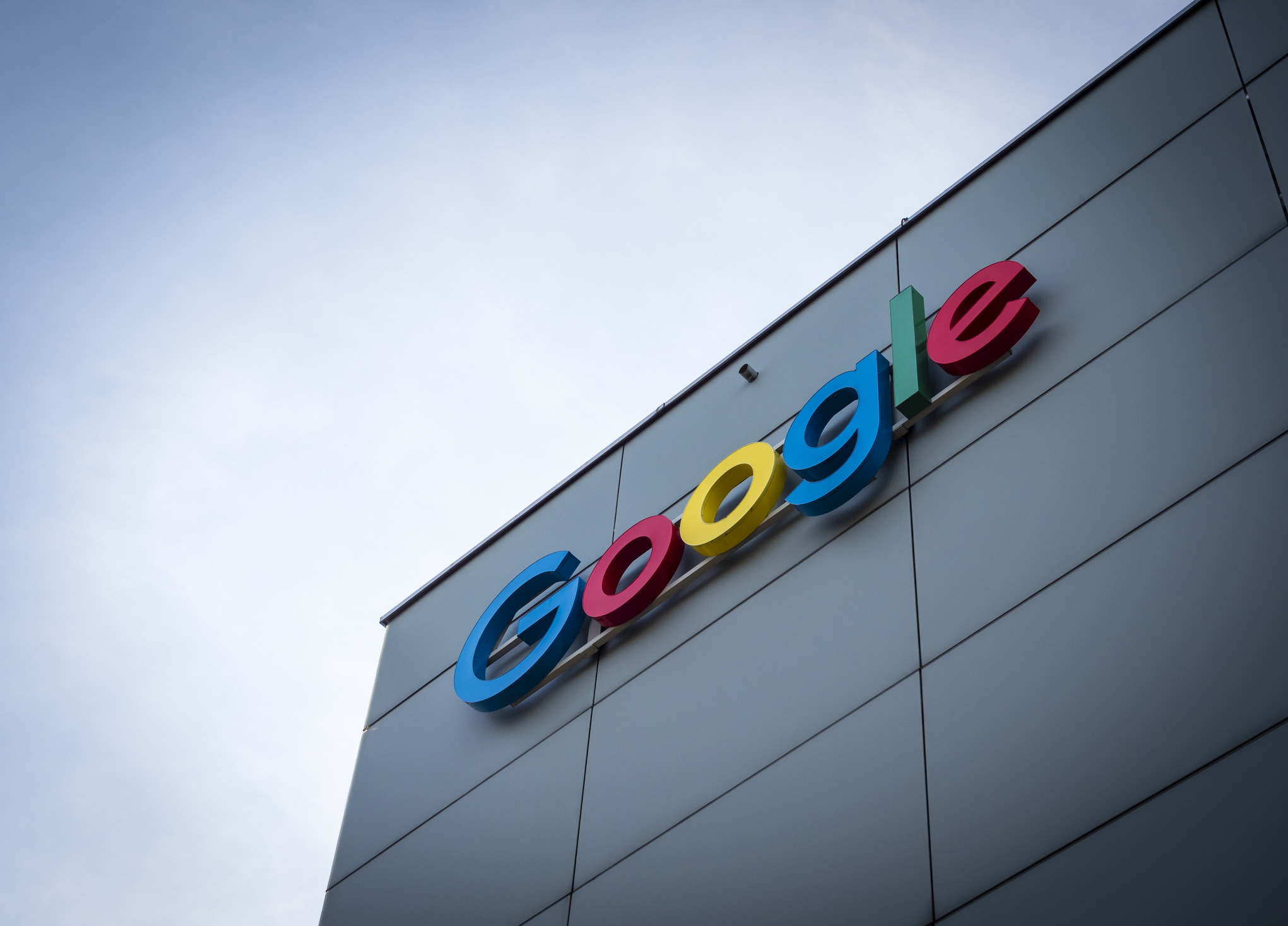Google is using AI overviews in search to nuke the web — studies say it makes you dumb: "I feel like I've lost some brain cells"
A new study reveals that Google users are far less likely to click on a link if an AI summary is part of the response in their search.

All the latest news, reviews, and guides for Windows and Xbox diehards.
You are now subscribed
Your newsletter sign-up was successful
Generative AI has revolutionized how we interact with various tech across medicine, computing, education, entertainment, and more. Major corporations are chasing the "AI bubble", quickly integrating it across their stack. A classic example would be Microsoft with its relentless Copilot branding.
While Microsoft CEO Satya Nadella previously indicated that Google already missed its opportunity with AI, the software giant has seemingly been ramping up its efforts on that front with Gemini and even AI Overviews.
AI has now changed how people interact with the web, starting a paradigm shift. OpenAI CEO Sam Altman recently indicated that he doesn't use Google for his searches anymore and is now more reliant on ChatGPT. However, he's a tad skeptical that ChatGPT could dethrone Google from its total search dominance.
As you may know, Google launched AI Overviews last year in a bid to bolster the search experience for users. The feature furnishes users with bite-sized and curated responses scraped from websites, potentially preventing users from ever needing to read individual websites.
However, if the past is anything to go by, the experience has been riddled with critical challenges, including instances where it has been spotted generating misleading responses and even recommending eating rocks and glue. The software giant was quick to shift blame to a data void, further claiming that a lack of vast information on particular topics on the web heavily contributed to instances where the feature generated misleading search results.
It even claimed that some of the screenshots shared by users that highlighted it generating misleading responses were fabricated. Consequently, the company made elaborate measures to improve the feature's user experience, including "better detection mechanisms for nonsensical queries that shouldn’t show an AI Overview and limited the inclusion of satire and humor content in search results."
Interestingly, it has now been a little over a year, coupled with multiple updates centered on improving the tool's user experience, but it seems things have turned from bad to worse.
All the latest news, reviews, and guides for Windows and Xbox diehards.
Google is its own enemy in search and the web
According to a recent report by the Pew Research Center, user interaction with the web and search has drastically changed since Google shipped its AI Overviews feature (via 404 Media). The study was based on the browsing activity of 900 people based in the United States.
It revealed that users who encountered Google's AI Overview feature were less likely to click on links to other websites compared to those who didn’t have a similar interaction with the AI-powered tool. Perhaps more concerning, the study revealed that only 1% of the users who encountered the AI summary proceeded to click on the link, directing them to the page/website the feature scraped the information from.
Despite AI Overviews' many setbacks, the feature boasts over 2 billion monthly users (via The Wall Street Journal). While speaking to analysts on a call, Google CEO Sundar Pichai indicated:
“We see AI powering an expansion in how people are searching for and accessing information."
The executive further indicated that the AI-powered features, including AI Mode, prompt users to "search more as they learn that Search can meet more of their needs." But the recent study posts different findings, indicating that Google users are more likely to conclude their browsing session entirely after visiting a search page with an AI summary than on pages without it.
Regardless of whether a page had an AI-generated summary or not, the largest share of Google searches in our study resulted in the user either browsing elsewhere on Google or leaving the site entirely without clicking a link in the search results. Around two-thirds of all searches resulted in one of these actions.
Pew Research Center
AI summaries are seemingly deflecting from citing traditional websites as their source, and are now more inclined toward Wikipedia, Reddit, and YouTube. The study revealed that Google searches with more words or questions were more prone to include AI summaries as part of the response. The same is also true for searches that use full, proper sentences.
Elsewhere, a separate Microsoft study claimed that an overreliance and dependence on AI-powered tools like Copilot and ChatGPT 'atrophies' critical thinking, potentially making you "dumb."
Some users have echoed similar sentiments on social media, indicating that they are increasingly becoming dependent on AI tools for a "quick fix."
"I can really see that ChatGPT will make us more dumb as we will increasingly use AI without thinking and engaging our brain. Do other people share this opinion as well?" one indicated. "I feel like I've lost some brain cells."
Perhaps more concerning, ChatGPT and Copilot struggle to differentiate opinions from facts when generating AI summaries for news posts, which directly impacts the quality of responses you get.

Kevin Okemwa is a seasoned tech journalist based in Nairobi, Kenya with lots of experience covering the latest trends and developments in the industry at Windows Central. With a passion for innovation and a keen eye for detail, he has written for leading publications such as OnMSFT, MakeUseOf, and Windows Report, providing insightful analysis and breaking news on everything revolving around the Microsoft ecosystem. While AFK and not busy following the ever-emerging trends in tech, you can find him exploring the world or listening to music.
You must confirm your public display name before commenting
Please logout and then login again, you will then be prompted to enter your display name.

